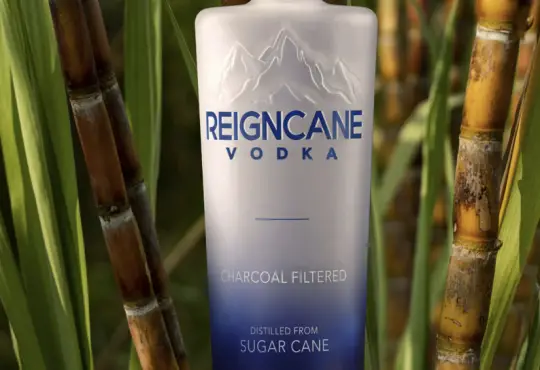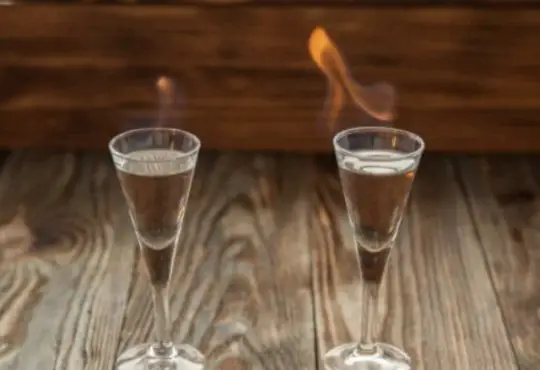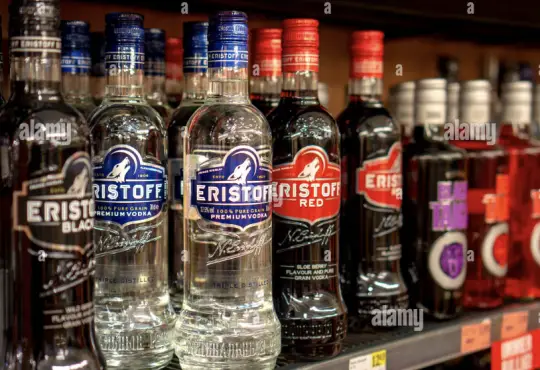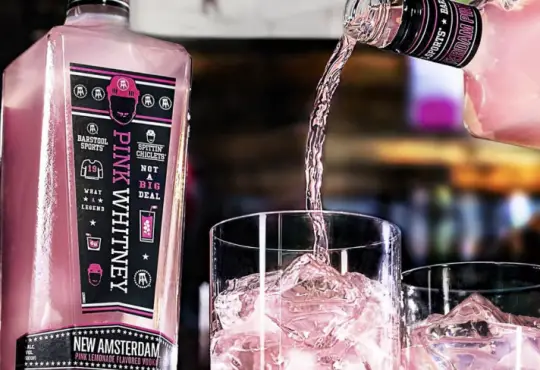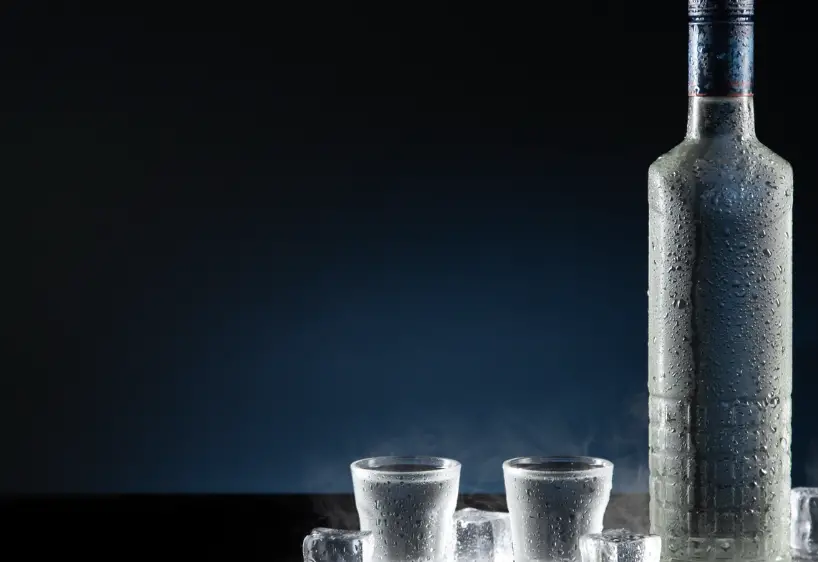
Does Vodka Go Bad? The Truth Behind Its Shelf Life and Storage
Vodka, known for its versatility and widespread popularity, is a staple in many liquor cabinets and bars. As a clear and odorless spirit, it can remain a go-to choice for various cocktails or enjoyed neat. But what happens when that bottle of vodka sits untouched for an extended period? Does vodka go bad? In this blog post, we will explore the shelf life of vodka, factors that can affect its quality, and proper storage practices to ensure it stays in top condition.
Does Vodka Expire?
The good news for vodka enthusiasts is that vodka does not expire in the traditional sense. Unlike perishable foods, such as fruits or dairy products, vodka does not spoil or become unsafe to consume over time. Its high alcohol content acts as a natural preservative, effectively preventing the growth of harmful bacteria or microorganisms.
Shelf Life and Quality:
While vodka does not have a definite expiration date, its quality can deteriorate over an extended period. The flavor, aroma, and smoothness of vodka may begin to fade with time, especially if the bottle is opened and exposed to air. This gradual decline in quality is more noticeable in cheaper or lower-quality vodkas, as premium vodkas are often distilled and filtered to remove impurities, resulting in a smoother and cleaner taste.
Factors Affecting Vodka’s Quality:
- Exposure to Air: Oxygen exposure can lead to the oxidation of certain compounds in vodka, which may alter its taste and aroma. To preserve the quality, always seal the bottle tightly after use and consider transferring the vodka to a smaller container if it’s nearly empty.
- Sunlight and Heat: Storing vodka in direct sunlight or in a warm environment can lead to chemical reactions that affect its flavor and aroma. It is best to keep vodka in a cool, dark place, away from heat sources and sunlight.
- Contamination: Avoid using dirty glasses or containers when serving vodka, as this can introduce impurities and affect its taste.
- Flavor Infused Vodkas: If the vodka contains added flavorings, such as fruit infusions, the shelf life and quality may vary depending on the ingredients used. Homemade infused vodkas, in particular, may have a shorter shelf life due to the presence of fresh fruits or herbs.
Proper Storage:
To maintain the best quality of vodka, follow these storage tips:
- Keep the bottle tightly sealed when not in use.
- Store vodka in a cool, dark place, away from direct sunlight and heat sources.
- Avoid storing vodka in the freezer for extended periods, as it may affect its flavor and texture.
- Use clean glasses or containers when serving vodka to prevent contamination.
Conclusion:
While vodka does not technically expire, its quality can diminish over time, especially if not stored properly. The high alcohol content in vodka acts as a natural preservative, making it safe to consume indefinitely. However, for the best taste and aroma, it is advisable to consume vodka within a reasonable timeframe, particularly for cheaper varieties. By adhering to proper storage practices and enjoying vodka responsibly, you can savor this versatile spirit at its finest and make the most of your drinking experience. Cheers!

